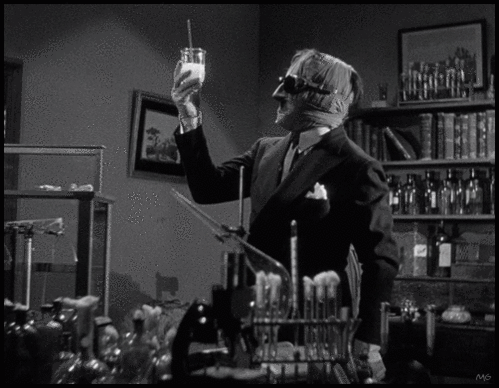Half of all scientists are occasionally guilty of dubious research practices. Even fabrication or manipulation of research results is a regular occurrence.
This emerges from a nationwide survey among almost 7,000 researchers at Dutch universities and university medical centres. They cover up the weaknesses of their research, fail to publish disappointing results or quote only those authors that support the researchers’ own conclusions.
All in all, half of them do something like that fairly regularly. Researchers work more carelessly if they think that they will not be caught. Lack of supervision increases the likelihood of malpractices.
Fabricated results
Even more serious is the fabrication or manipulation of research results. One in twelve researchers has done this in the past three years, according to the National Survey on Research Integrity (NSRI).
Half of those researchers have simply fabricated results or data (more than 4 percent), the other half have manipulated them (also more than 4 percent, with a slight overlap between the two groups).
This occurred most frequently in life sciences, where one in ten admits to such a practice.
Pressure to publish
A second publication under the same survey relates specifically to the desired research practices as opposed to malpractice. Do scientists divulge who finances their research (96.5 percent), do they correct their mistakes retroactively (86.4 percent) and have they published data (75 percent)?
Work pressure, pressure to publish and competition between researchers appear to be factors that deter researchers from such desired research practices, especially in the humanities.
More attention is paid to research integrity in biomedical sciences and behavioural sciences, says the NSRI. The time now seems right to further the discussion in other disciplines as well.
Low response
The aim was to send every researcher in the Netherlands an invitation for the survey. It was intended to be the biggest study ever undertaken in the field of research integrity.
Almost 64,000 invitations were sent out and 6,813 researchers actually completed the entire questionnaire. In its articles, the NSRI admits that this is a relatively low response.
There could have been a lot more responses. Only five universities (Nijmegen, Tilburg, Maastricht and the two universities in Amsterdam) and three university medical centres (Nijmegen, Maastricht and Amsterdam) actively supported the survey, to the disappointment of the driving forces behind the project.
Researchers at other institutions had the opportunity to take part. They were approached if their email address was known, but it proved harder to attract their attention. Maybe they thought the messages were spam, rather than an invitation for serious research.
